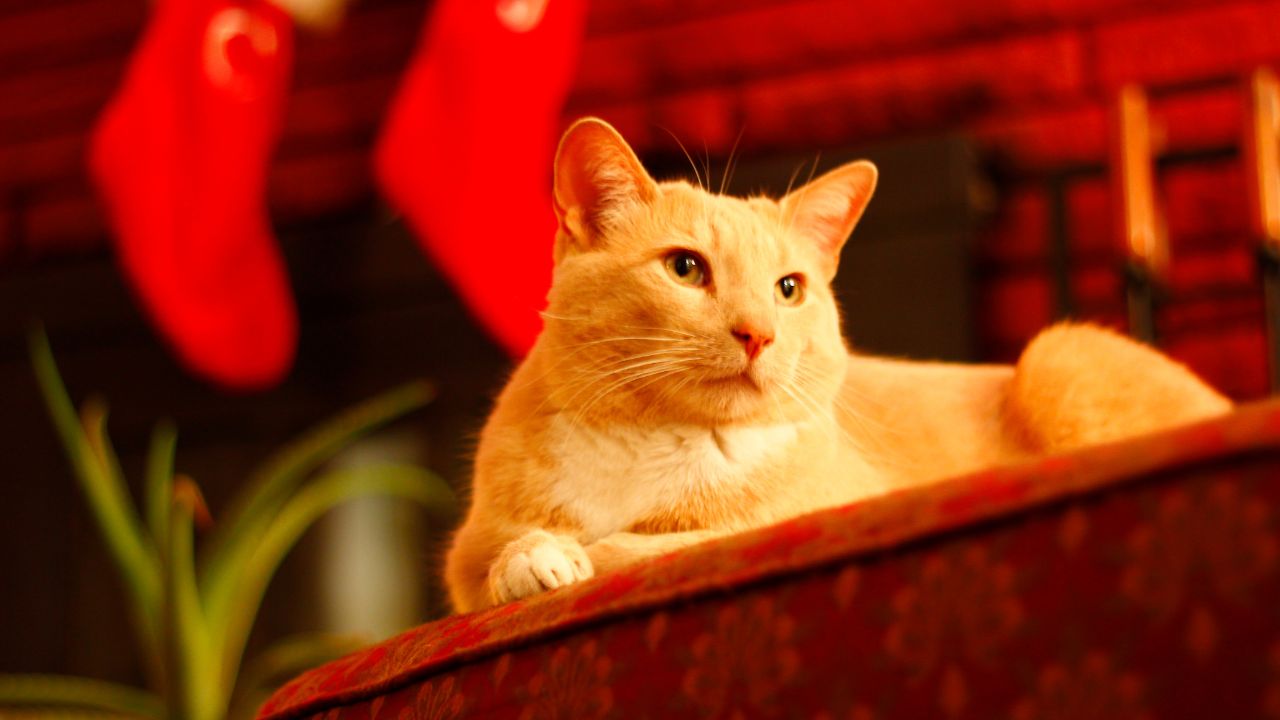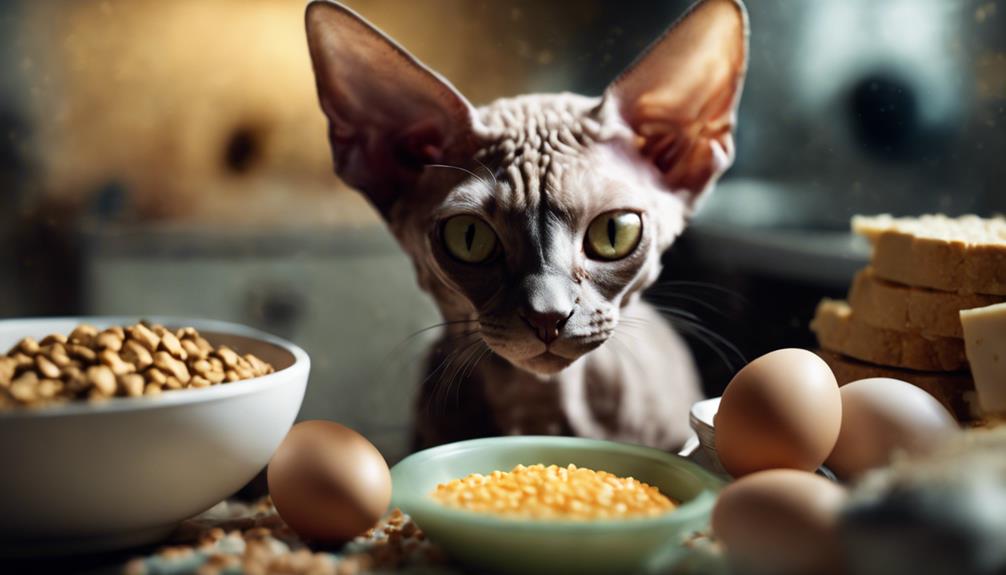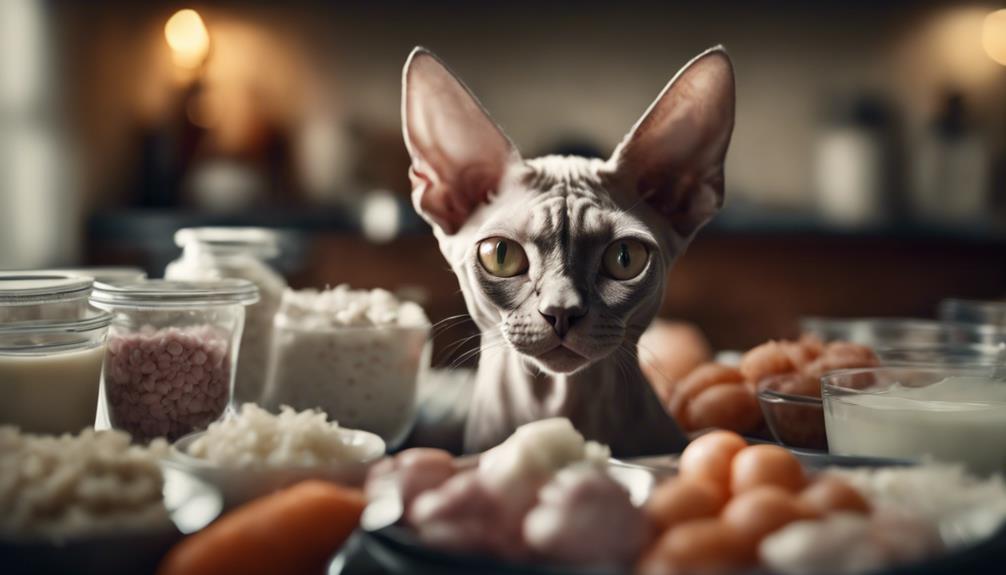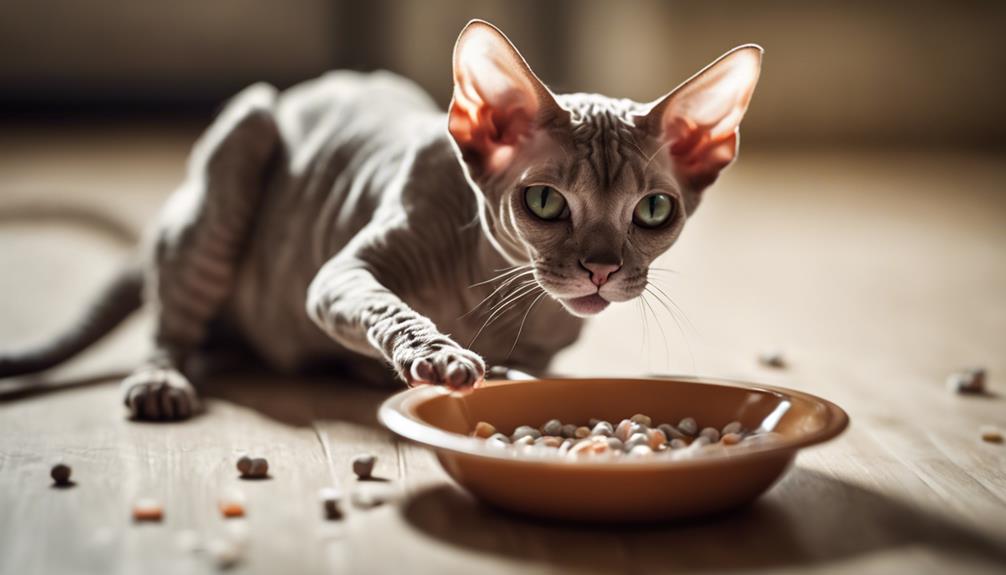As a cat owner, I know firsthand that choosing the right breed can be a daunting task. One of the most common breeds is the Domestic Shorthair, which is known for its friendly and playful personality. However, like any breed, there are pros and cons to consider before bringing a Domestic Shorthair into your home.
One of the advantages of the Domestic Shorthair is their adaptability. These cats can thrive in both busy and calm households, making them a great choice for families with children or single individuals. They also come in a variety of colors and patterns, so you can find one that suits your aesthetic preferences.
However, it’s important to note that Domestic Shorthairs are not a purebred breed, which means their physical characteristics can vary greatly.
Understanding Domestic Shorthair Cats
Origin and Ancestry
As a cat breed, domestic shorthair cats have a mixed ancestry that can be traced back to the ancient Egyptian times. They are sometimes referred to as alley cats or mutts because of their diverse genetic background. Domestic shorthair cats are not purebred, unlike their American Shorthair or British Shorthair counterparts. Instead, they are a combination of different cat breeds, which gives them their unique appearance and personality.
Physical Characteristics
Domestic shorthair cats come in a variety of colors, sizes, and statures. They are medium-sized and muscular with short, sleek coats, round heads, and paws. Their eyes are typically large and expressive, and their ears are medium-sized and pointed. They are known for their agility and athleticism, and they can easily adapt to different environments.
Personality Traits
Domestic shorthair cats are known for their friendly and affectionate personalities. They are intelligent, curious, and playful, and they love to explore their surroundings. They are also very adaptable and can get along well with other pets and children. Domestic shorthair cats are not prone to any unusual health complications, and they have a lifespan of around 10 to 20 years.
In summary, domestic shorthair cats are a unique breed with a mixed ancestry that gives them their distinctive appearance and personality. They are friendly, affectionate, and adaptable, making them an ideal pet for first-time pet owners.
Pros of Owning a Domestic Shorthair
Temperaments
As an owner of a Domestic Shorthair, I can confidently say that they are one of the most affectionate cats out there. They love to cuddle and show affection to their owners. They are also playful and enjoy playing with toys, which makes them great companions. Domestic Shorthairs are independent, but they also enjoy socializing with their owners and other pets.
Maintenance
Domestic Shorthairs are low-maintenance cats. They have short, sleek coats that do not require much grooming. They are also docile and easy to handle, making it easy to trim their nails and give them baths. They are generally healthy cats and do not require a lot of visits to the vet.
Hunting Skills
Domestic Shorthairs have a natural hunting instinct, making them great mousers. They are also pet-friendly and get along well with other pets in the house. If you have a rodent problem, a Domestic Shorthair can help you take care of it.
In summary, owning a Domestic Shorthair comes with many benefits. They are affectionate, playful, independent, and social cats that are low-maintenance and easy to handle. They also have a natural hunting instinct, making them great mousers.
Cons of Owning a Domestic Shorthair
Health Issues
As with any pet, owning a Domestic Shorthair comes with some potential health concerns. One of the most common issues with these cats is obesity, which can lead to a variety of other health problems such as diabetes and joint issues. It’s important to monitor their weight and provide them with regular exercise and a balanced diet.
Another potential health issue is dental care. Domestic Shorthairs are known to have dental problems, which can be expensive to treat. Regular dental check-ups and cleaning can help prevent these issues.
Maintenance Challenges
While Domestic Shorthairs are generally low maintenance, there are still some challenges to consider. One of the most significant challenges is shedding. These cats shed a lot, which means you’ll need to be prepared to clean up hair regularly. Regular brushing can help reduce shedding, but it can still be a challenge for some owners.
Breeding can also be a challenge for Domestic Shorthairs. These cats are often bred without a specific pedigree, which means they may have unknown health issues or genetic problems. It’s important to research the breeder and ask for health certifications before adopting a Domestic Shorthair.
Overall, owning a Domestic Shorthair can be a rewarding experience, but it’s important to be aware of the potential health issues and maintenance challenges that come with these cats. With proper care and attention, however, these issues can be managed, and you can enjoy a happy and healthy life with your furry friend.
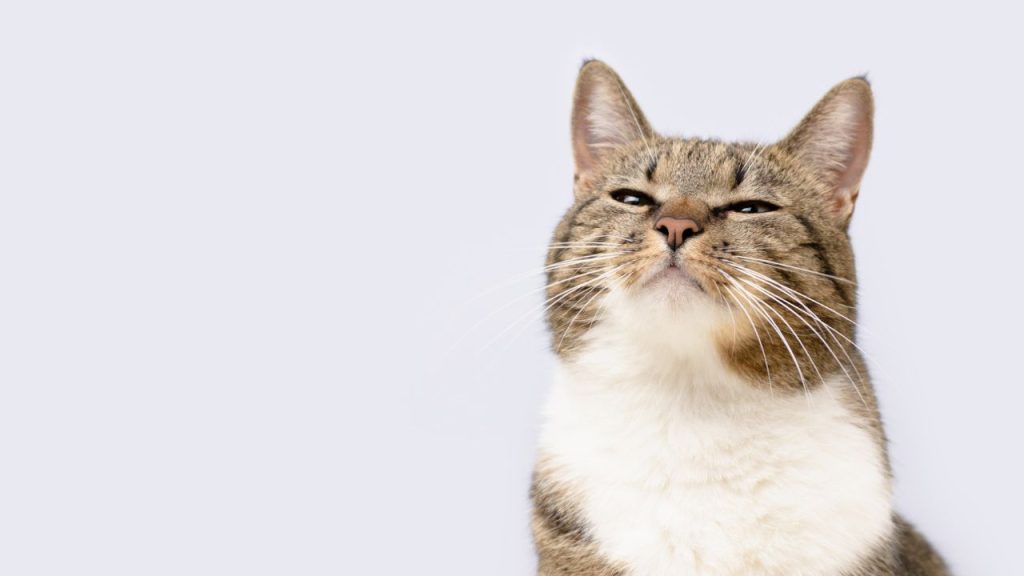
Choosing Your Domestic Shorthair
Choosing the Right Cat
When choosing a Domestic Shorthair, it is important to consider your lifestyle and personality. Domestic Shorthairs come in a variety of colors and markings, so you can choose one that suits your preferences. They are also known to be vocal cats, so if you prefer a quieter cat, a Domestic Shorthair may not be the right breed for you.
Another factor to consider is whether you have allergies. While no cat is truly hypoallergenic, Domestic Shorthairs are known to produce fewer allergens than other breeds. However, if you have severe allergies, it is important to consult with a veterinarian before adopting a cat.
Adopting vs. Buying
When it comes to getting a Domestic Shorthair, you have the option of adopting from a shelter or buying from a breeder. Adopting a cat from a shelter can be a great option, as it helps give a cat a second chance at a loving home. Shelters often have a variety of cats available, including Domestic Shorthairs.
If you decide to buy from a breeder, it is important to do your research and choose a reputable breeder. A good breeder will provide you with information about the cat’s health and temperament, and will be willing to answer any questions you may have.
No matter where you get your Domestic Shorthair from, it is important to take your cat to the veterinarian for regular check-ups and vaccinations. It is also a good idea to consider spaying or neutering your cat to prevent unwanted litters.
Overall, Domestic Shorthairs make great pets for many people. With their playful and friendly personalities, they can be a great addition to any household.
Frequently Asked Questions
What are the differences between domestic shorthair and medium hair cats?
Domestic shorthair cats have short, sleek coats that require minimal grooming, while medium hair cats have slightly longer coats that may require more frequent brushing. However, both types of cats make great pets and have similar temperaments.
How does the personality of a domestic shorthair compare to other breeds?
Domestic shorthair cats are known for their friendly, affectionate personalities and adapt well to different living situations. While every cat is unique, domestic shorthairs are generally easy-going and enjoy spending time with their owners.
What is the typical lifespan of a domestic shorthair?
Domestic shorthair cats have a lifespan of around 15 to 20 years, which is similar to other breeds of cats. With proper care and regular check-ups with a veterinarian, domestic shorthairs can live long, healthy lives.
Are domestic shorthair cats indoor or outdoor pets?
Domestic shorthair cats can be indoor or outdoor pets, but it is generally recommended that they are kept indoors to protect them from potential dangers such as cars, predators, and diseases. Indoor cats also tend to live longer and have fewer health issues.
Do domestic shorthair cats have any common health issues?
Like all cats, domestic shorthairs can be prone to certain health issues such as dental problems, obesity, and urinary tract infections. However, with proper care and regular check-ups with a veterinarian, these issues can be managed or prevented.
Do domestic shorthairs enjoy being held or cuddled?
While every cat is different, many domestic shorthairs enjoy being held and cuddled by their owners. However, it is important to approach and handle cats gently and respectfully, as they can become stressed or agitated if handled improperly.
Top Takeaways
As an experienced cat owner, I have compiled a list of the top takeaways for owning a domestic shorthair cat.
- Domestic shorthair cats are low-maintenance pets that are easy to groom. Their short fur requires minimal brushing, and they do not need to be bathed frequently.
- These cats are affectionate and make great companions. They are known for their friendly and playful personalities, and they adapt well to different households and lifestyles.
- Domestic shorthair cats are generally healthy and have a long lifespan. With proper care and regular vet check-ups, they can live up to 15 years or more.
- These cats are excellent hunters and can help control rodent populations in your home. They have a strong instinct to hunt and catch prey, making them great mousers.
- Domestic shorthair cats are also very adaptable. They can live in apartments or houses, and they can adjust to living with other pets or children.
Overall, domestic shorthair cats are great pets for people looking for a low-maintenance, friendly companion. They are adaptable, healthy, and great at catching mice. If you are considering adopting a cat, a domestic shorthair might be the perfect fit for you.

